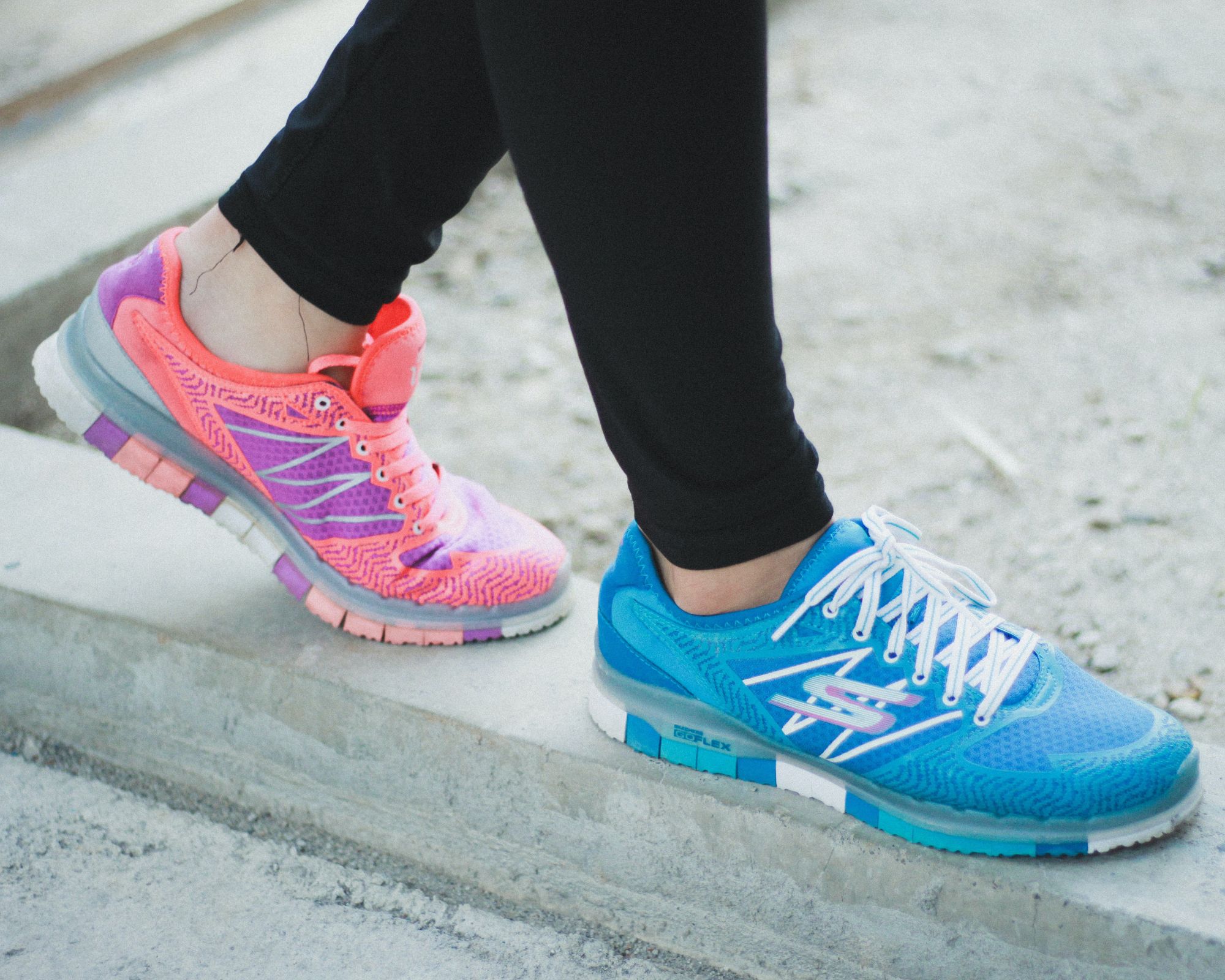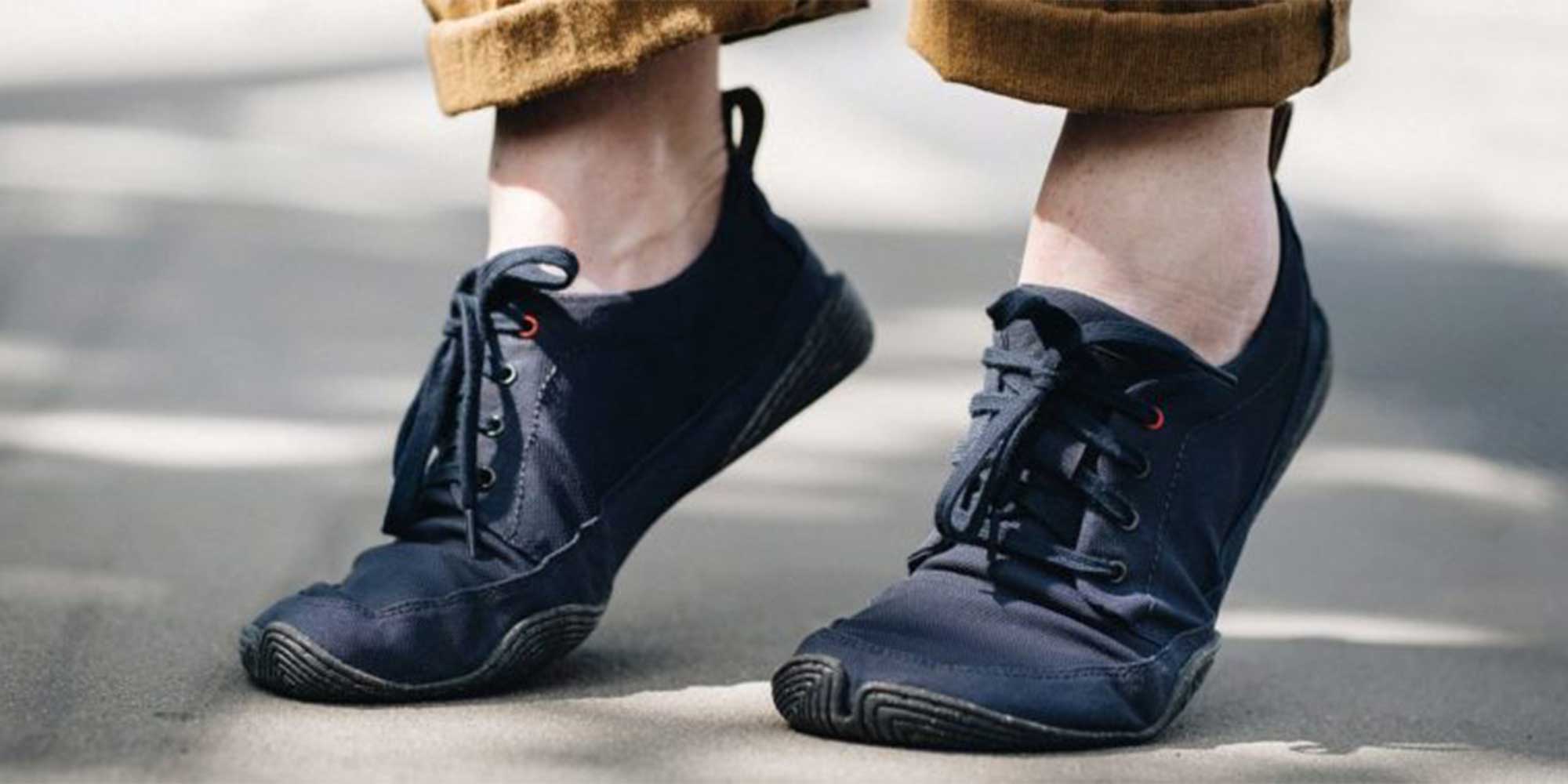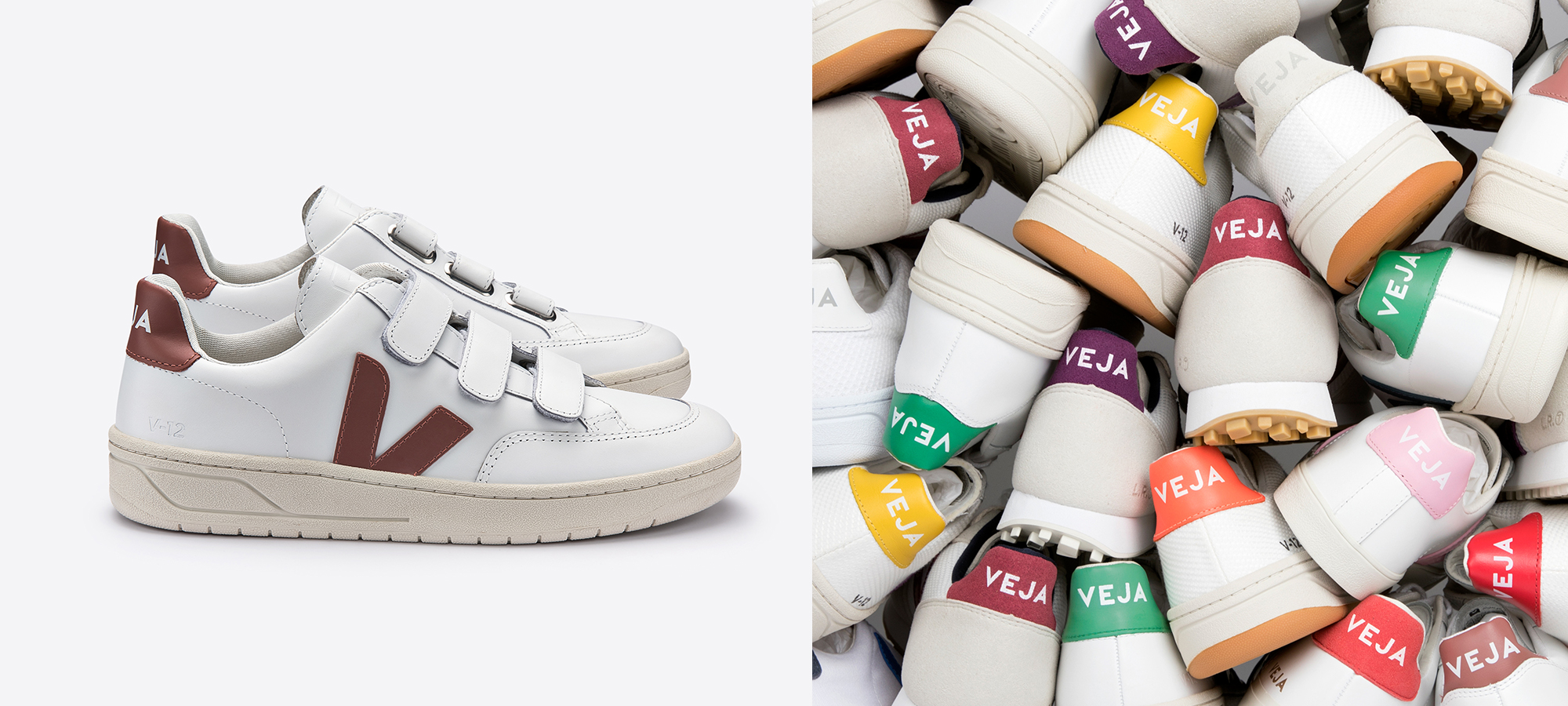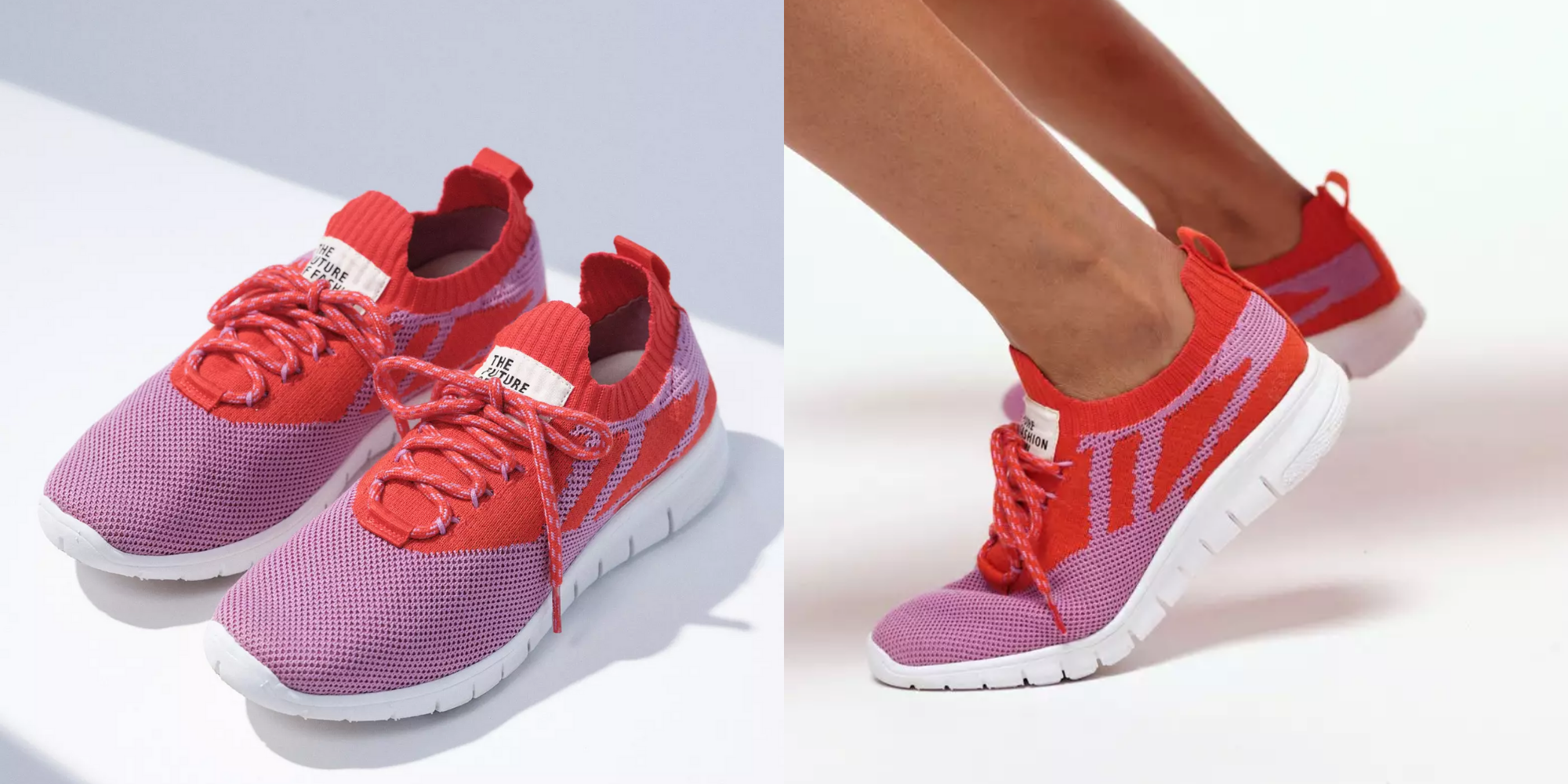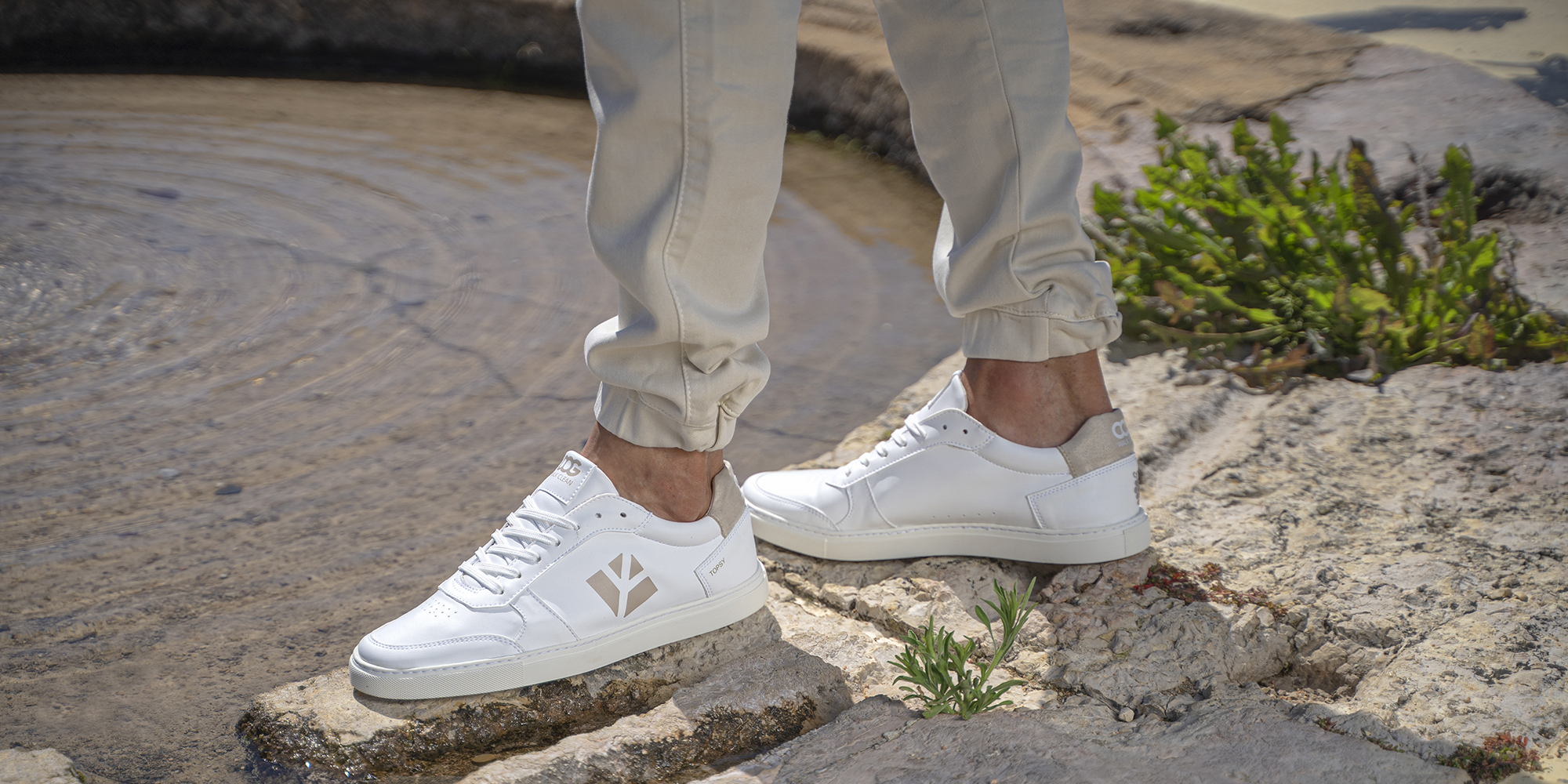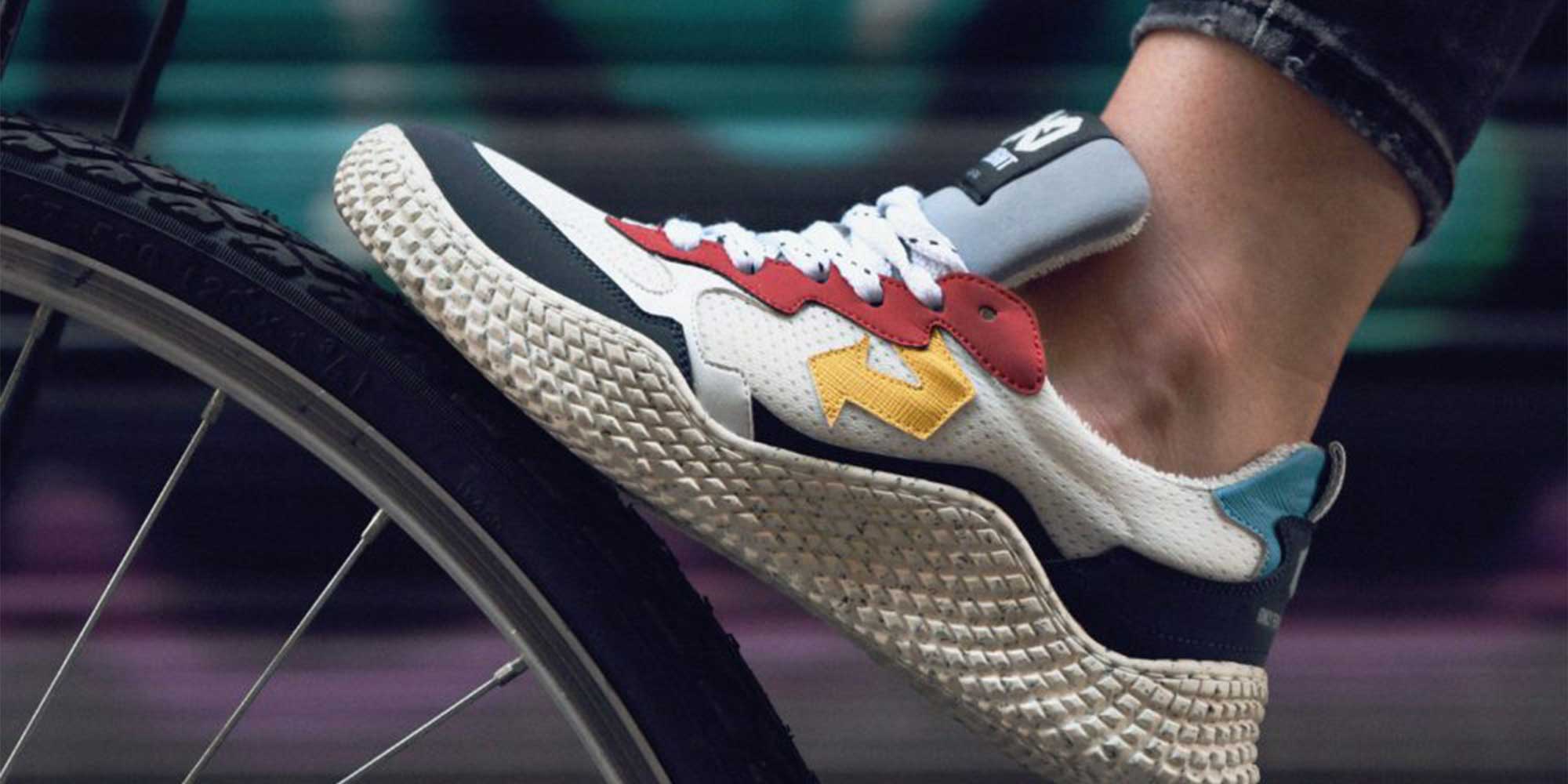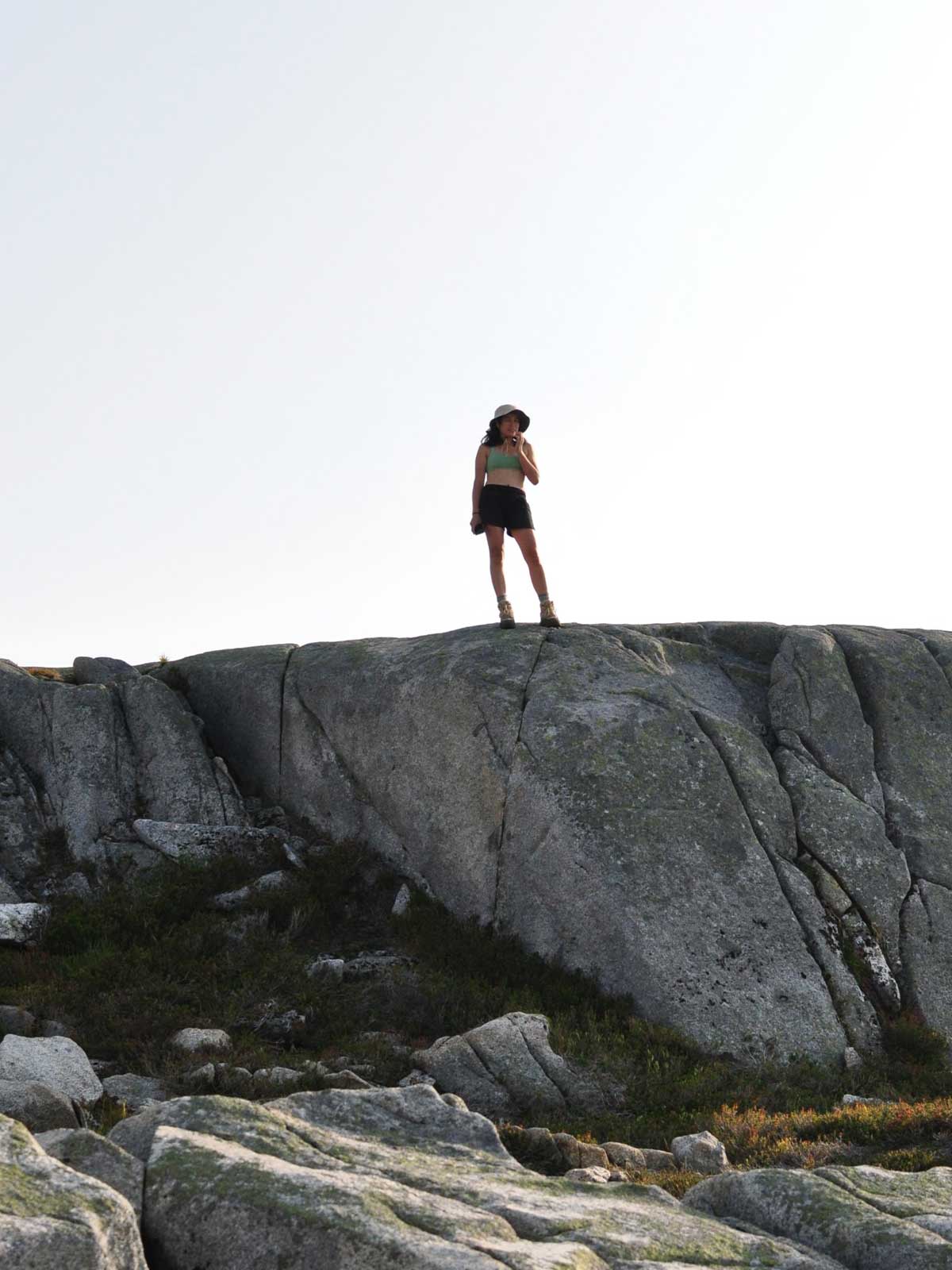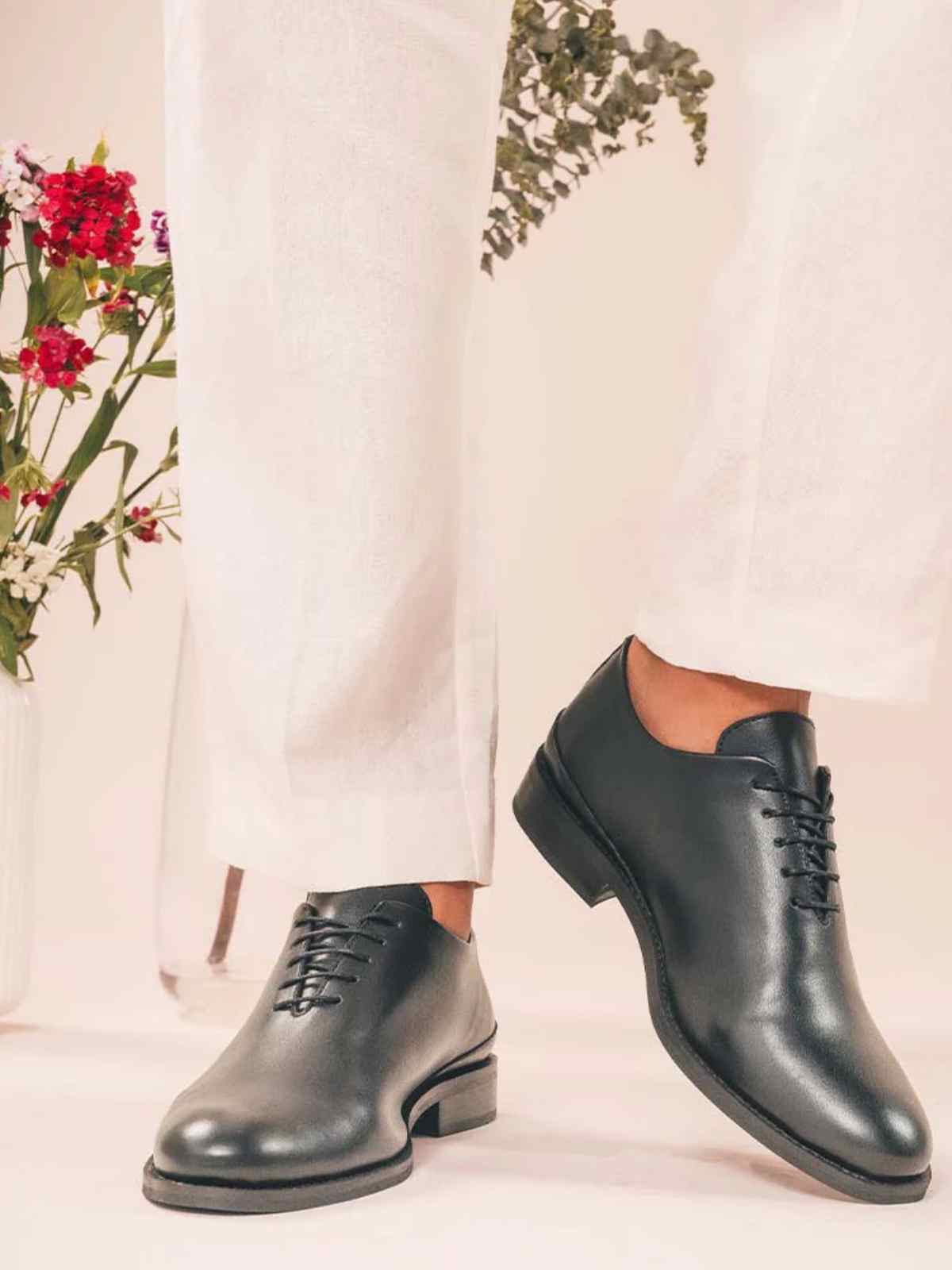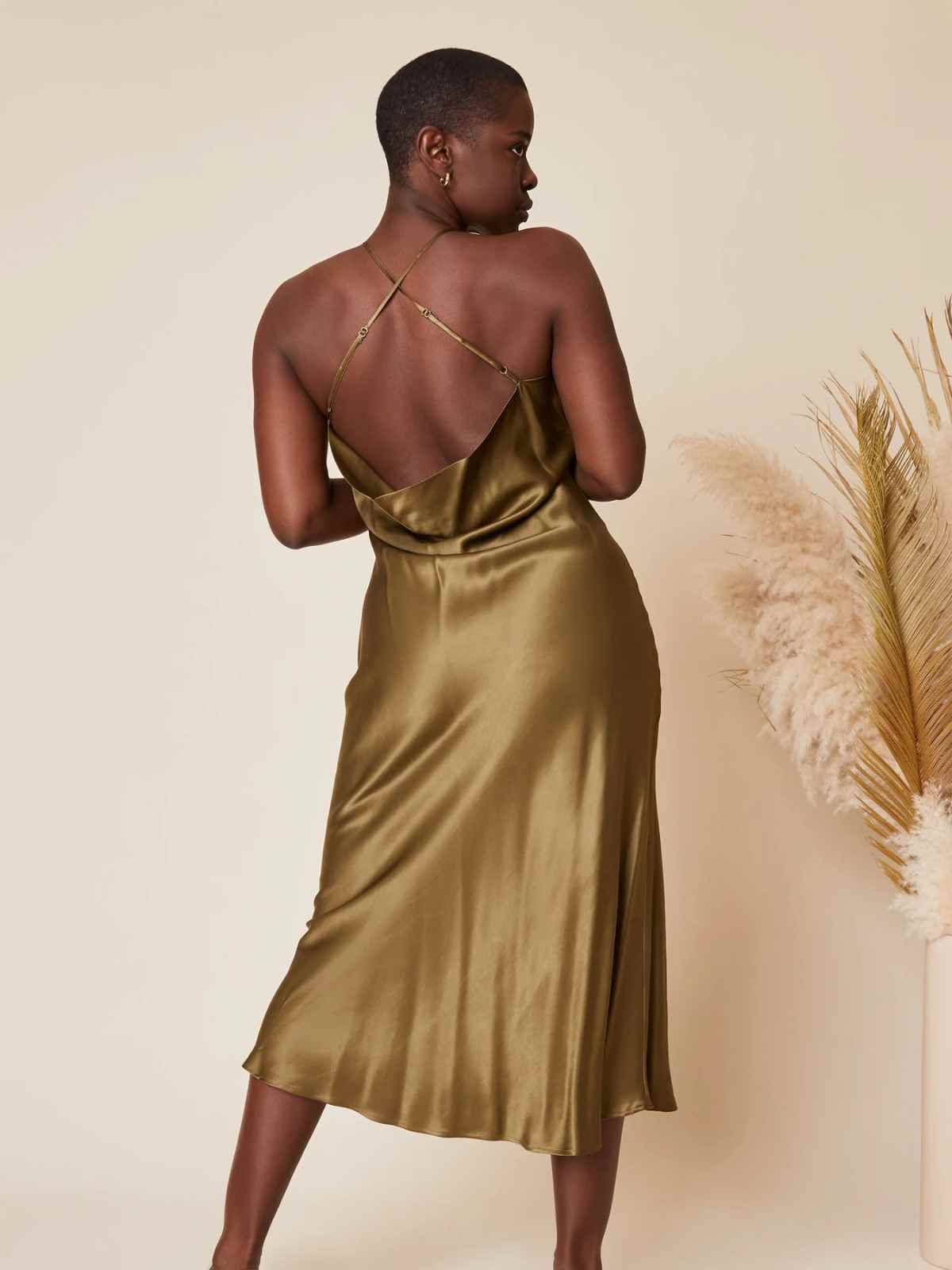Our editors curate highly rated brands that are first assessed by our rigorous ratings system. Buying through our links may earn us a commission—supporting the work we do. Learn more.
Popular comfort footwear brand Skechers says its “commitment to humankind and conservation is integral to the brand”, but is that true? Here we dive into the brand’s “We Avoid” rating, which was published in April 2023 and may not reflect claims the brand has made since then. Our ratings analysts are constantly rerating the thousands of brands you can check on our directory.
Comfort over conscious production
Skechers, a well-known American footwear brand founded in 1992, has gained popularity for its super comfortable and stylish shoes available at a lower price than many competitors. With a mission to provide innovative footwear solutions, Skechers has built a loyal customer base. However, when it comes to ethical practices, the brand falls short in several areas.
For the conscious shopper on the hunt for comfy shoes they can throw on with any outfit like Skechers, it’s important to look closer at the brand’s practices and impacts to make an informed decision. So how exactly is Skechers impacting people, the planet, and animals? We ask, how ethical is Skechers?
Environmental impact
In our planet rating, which evaluates brands based on their environmental policies, Skechers receives our lowest possible “Very Poor” rating.
The brand utilises few lower-impact materials, showing a lack of commitment to sustainability from inception and design. Additionally, there is no evidence that Skechers minimises textile waste in its supply chain or takes meaningful action to reduce its climate impacts. Protecting biodiversity also seems to be low on the brand’s agenda, as there are no apparent measures in place to address this crucial aspect of sustainability.
The planet is in the midst of a climate crisis, and popular brands like Skechers need to step up their game or risk getting left behind.
Labour conditions
Skechers’ performance in workers’ rights is equally concerning. In our people rating, which examines brands’ policies on labour conditions, Skechers again receives a “Very Poor” rating.
Its supply chain is not certified by crucial labour standards that ensure worker health, safety, and fair wages. The brand’s 0-10% score in the 2022 Fashion Transparency Index indicates a lack of transparency and accountability. Skechers also fails to support diversity and inclusion in its supply chain, highlighting a missed opportunity to foster equality.
Most disappointingly, for a big brand that claims it was “founded on the philosophy of putting people first”, Skechers doesn’t ensure that workers are paid living wages, a vital element of a more ethical and sustainable fashion industry. And to top it all off, during the COVID-19 pandemic, Skechers didn’t disclose adequate policies or safeguards to protect workers in its supply chain from the virus.
This lack of transparency and accountability raises concerns about the brand’s commitment to its workers’ well-being during times of crisis and otherwise. Do better, Skechers.
Animal welfare
When it comes to animal welfare, Skechers also has a long way to go. In our animals rating, which evaluates brands’ animal welfare policies and traceability of animal-derived products, Skechers receives a rating of “Not Good Enough.”
The brand lacks an explicit animal welfare policy, raising questions about its dedication to ensuring the ethical treatment of animals. While it doesn’t appear to use fur, angora, exotic animal skin, or exotic animal hair, Skechers does utilise leather and wool in its products.
However, there is no evidence that the brand traces these materials even to the first production stage, making verifying their sources and practices difficult.
Overall rating: Not Good Enough
Considering all of these factors, based on the publicly available information, we rate Skechers as “We Avoid” overall. The brand’s lack of commitment to environmental sustainability, workers’ rights, and animal welfare raises significant ethical concerns. Skechers has a long way to go in improving its practices and aligning them with the values of conscious consumers.
Note that Good On You ratings consider hundreds of issues, and it is not possible to list every relevant issue in a summary of the brand’s performance. For more information, see our How We Rate page and our FAQs.
Good swaps
In an era where consumers increasingly seek more ethical and sustainable alternatives, numerous “Good” and “Great” brands offer better options. These brands prioritise environmental sustainability, workers’ rights, and animal welfare. By supporting these alternatives, consumers can make a positive impact and encourage the fashion industry to prioritise ethical practices.
Check out these top-rated alternatives to Skechers to see if they meet your needs.




